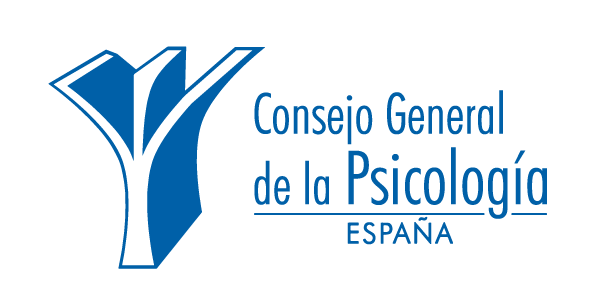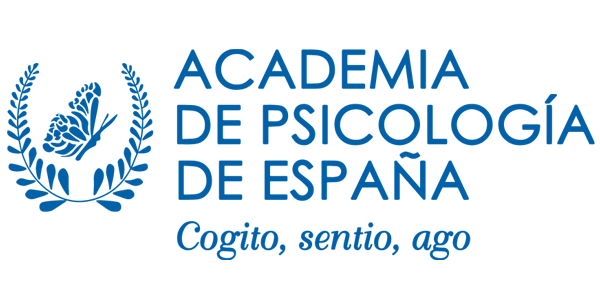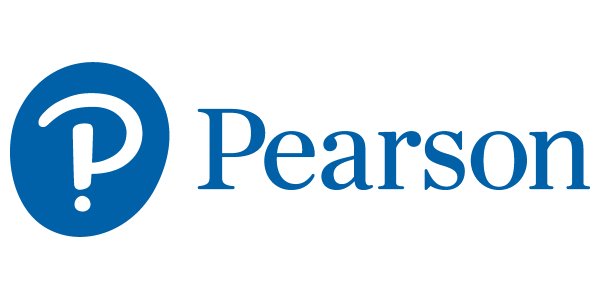Alterations in Executive Functions and Quality of Life in Neurodevelopmental Disorders
Executive functions are fundamental for emotion regulation and social competence and have a profound impact on quality of life in children with neurodevelopmental disorders. Early impairments in executive development dramatically limit a child’s ability to cope with novel situations and to adapt flexibly to change.
This symposium will explain the specific cognitive-behavioral phenotype of executive function impairment in Attention Deficit Hyperactivity Disorder, Developmental Language Disorder, Autism Spectrum Disorder, and Intellectual Developmental Disorder. Some authors consider Neurodevelopmental Disorders to be alterations or delays in the development of executive functions linked to the maturation of the central nervous system that begins in childhood and follows a stable evolutionary course. We know that although the aforementioned neurodevelopmental disorders are independent diagnostic entities, they share common manifestations with those presented by children with acquired brain damage in the pre-frontal cortex. This statement allows us to speak of the possible existence of a Dis-Executive Disorder manifested by significant deficits in four domains: working memory, inhibition, flexibility, and decision making. It is necessary to develop further studies on the specific profile of predominant impairment of executive functions in Neurodevelopmental Disorders and their possible association with General Intelligence.
We can conclude that an adequate development of executive functions guarantees a quality of life and autonomy in children with Neurodevelopmental Disorders, and the rehabilitation of executive functions becomes a basic pillar in the intervention of Neurodevelopmental Disorders to guarantee the quality of life and autonomy of children in the natural context.

Lorena Rodríguez
Private practice. Spain
Lorena Rodríguez González has been a paediatric neuropsychologist for more than 10 years in various health centres throughout her professional career. She is an Expert in Clinical Neuropsychology accredited by the General Council of Psychology and a Coordinator of the Regional Assessment Committee for the Professional Accreditation of Clinical Neuropsychology of the Official College of Psychology of the Valencian Community. She is a member of the Advisory Council of ANPE Epilepsia, a Coordinator of the Permanent Board of Clinical Neuropsychology of the Col-legi Oficial de Psicologia de la Comunitat Valenciana, a member of AETAPI, Valencian Society of Neuropsychology, Consortium of Clinical Neuropsychology and Division of Clinical Neuropsychology. She is a founder and Clinical Director of the NeuroKiD Clinic, where she carries out the daily clinical practice of paediatric neuropsychological assessment and rehabilitation, which she complements with training tasks as a teacher of Master’s degrees, courses, congresses and training for professionals and families.
Organiza


Patrocina

Con el apoyo de


![8CIPCNA-adaptaciones-[Recuperado]](https://www.aitanacongress.com/2022/wp-content/uploads/8CIPCNA-adaptaciones-Recuperado.png)


